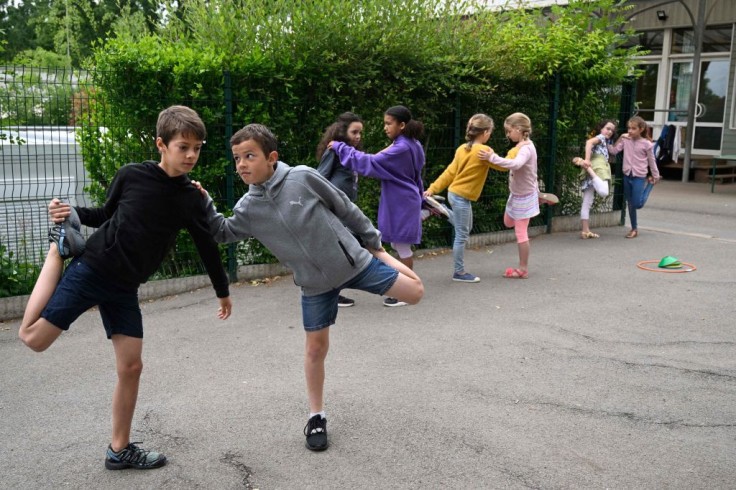
Schools' outdated teachings regarding food and health now cause young children and teenagers to have a negative body image.
Nowadays, most pre-teens and teenagers are not new to knowing and experiencing negative body image. This problem can also be caused by factors such as bullying and social media exposure.
However, common school procedures that are intended to battle obesity and promote healthy eating, such as weigh-ins, food diaries, and fitness report cards, could potentially affect body image negatively.
How Schools Contribute to Negative Body Image
According to U.S. News, approximately all public schools offer some form of nutrition education; however, experts agree that a significant portion of what is taught is based on outmoded ideas that may contribute to discontent with one's body.
What is taught to young children in school, according to Luciana Zuest, an associate professor at Towson University in Maryland, is extremely black and white.
Although teaching in that way, where educators just say what to eat and what not to eat, is easy, it does not provide students with a social-cultural perspective of what food is or what health is.
When people are exposed to the wrong kind of information, it leads them to believe they should reduce their body fat, which in turn can encourage them to diet and develop eating disorders. Body image is defined as the ideas and sentiments that you have for yourself about how you look.
Having a negative body image is linked to a variety of unfavorable health effects. Young children could be affected by depression, eating disorders, and low self-esteem.
According to research, a significant number of young people are unhappy with their bodies, and the prevalence of eating disorders, which constitute one of the most dangerous forms of mental disease, increased significantly among adolescents during the pandemic.
Identifying the Signs of Negative Body Image
According to Raising Children, there are a few things that school staff and parents can look out for that may suggest a child or young person has an unhealthy view of their body and could be concerning.
Several preteens and teenagers who have a negative body image may talk about how they wish they could modify their appearance through the use of cosmetic surgery.
Some of the younglings, when in crisis with their body image, tend to have changes in their mood, eating habits, and social interactions.
Another telling sign is when children feel an excessive amount of worry about how they look.
Additionally, when young people try to hide areas of their body because they are uncomfortable with how they look, it is now considered another indicator.
Lastly, when some children opt not to consume particular kinds of food because they are under the impression that doing so will cause them to become overweight, it is also considered a sign of them having a negative body image.
What Schools Can Do To Promote Healthy Body Image
With more new studies coming up, schools can participate in changing the negative body image that some students have of themselves.
There are many different ways in which schools can contribute to the promotion of a healthy body image. As a first step toward implementing this approach, schools can break the stigma associated with BMI reporting.
Education about nutrition is also a must, especially about mindful eating. According to Mentally Healthy Schools, it can also be helpful for the schools to educate parents, guardians, and caretakers on the dangers of a negative family attitude towards body image that gets passed down to their younglings.
Furthermore, one solution that schools might use is the placement of effective policies to put an end to teasing and bullying that are look-related as well as body shaming.
In addition, it has been demonstrated that offering support and aid to kids who are mocked or bullied as a result of their appearance, ethnicity, or body shape is useful in combating the problem.